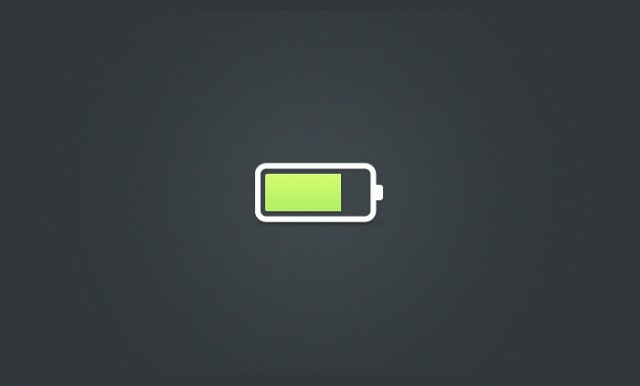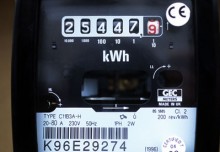
In 2014 total UK overall primary energy consumption (fuels obtained directly from natural sources) was 193.4 million tonnes of oil. This is the lowest since before 1970.
In 1970, primary fuel consumption was dominated by solid fuel use (47 percent of all energy consumption in the UK).
By 1980 the fuel mix had evolved following North Sea Gas coming on line, the proportion of solid fuel consumption fell to 36 per cent, petrol to 37 per cent and natural gas share increased to 22 percent of all primary energy consumption in the UK.
By 2000 with changes in electricity generation, natural gas consumption had become the dominant fuel responsible for 41 percent of all energy consumption in the UK, whilst solid fuels had fallen from 31 percent in 1990 to 16 percent in 2000.
By 2014 more renewable fuels had entered the energy mix for both electricity generation and bioenergy consumption, and coal use for electricity generation had also increased.
Around 19 percent of electricity generated in 2014 came from renewable sources, this is a 4.2 percent increase from the previous year.
Domestic sector energy consumption by fuel type between 1970 and 2014
The energy mix for domestic consumption has significantly changed since 1970 when 30 per cent of consumption was coal, 24 percent natural gas and 18 per cent electricity.
In 2000 this had changed to 3 percent coal, 68 percent natural gas and 21 percent electricity.
In 2014 this had changed to 1 per cent coal, 63 percent natural gas and 25 percent electricity.
There was a 19 percent reduction in natural gas from 2013 to 2014.
Bioenergy represents an increasing share of domestic consumption from 0.5 percent in 1988 to 4.4 percent in 2014.
Energy consumption per unit of household disposable income has fallen by 34 percent since 2000, whilst energy consumption per household has fallen by 27 percent and energy consumption per person fallen by 26 percent, reflecting an increase energy efficiency.
In 2013 a fall of 15 percent in energy consumption per household and per person was recorded.
Has the debate on climate change had an impact on energy usage over this period? We would like to think so.




